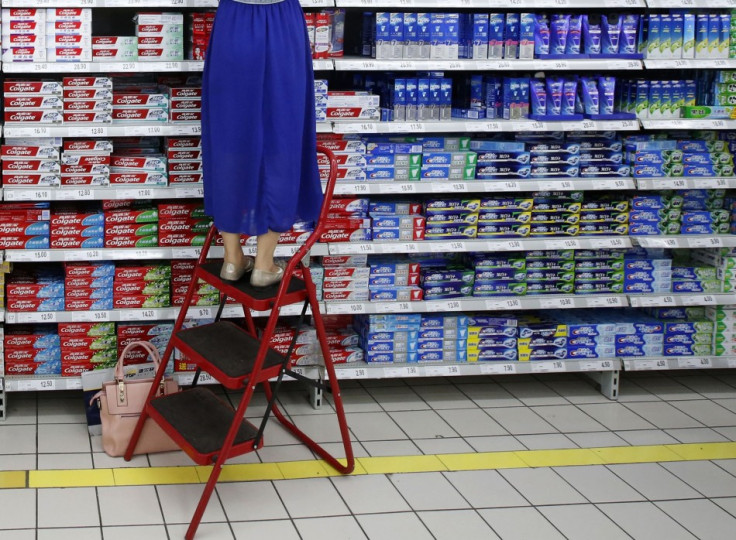Government 'Brainwashing' Britain Over Mythical Workplace Compensation Culture

Britain's government is "brainwashing" the country into thinking there is a compensation culture in the workplace so it can justify rowing back on health and safety laws designed to protect employees, says the Trades Union Congress.
A TUC-backed report by the workers' health journal Hazards claims that the number of people successful in their compensation claims for work-related injuries or diseases has plunged 60% over the decade, from 219,183 in 2001 to 87,655 in 2012.
Conservative Prime Minister David Cameron has said he wants to "kill off the health and safety culture for good". Among other things, his coalition government has already cut money from the Criminal Injuries Compensation Scheme and limited its scope so no claims can be made for minor injuries, such as broken noses.
"The government is trying to brainwash people into thinking the UK has a rife compensation culture," said TUC General Secretary Frances O'Grady.
"However, the facts tell a very different story. Even those dying from work-related diseases have precious little chance of getting a payout.
"The true government motive here is to weaken health and safety laws and make it harder to for victims to pursue claims. Unfortunately the end result is likely to be a much higher rate of workplace accidents, injuries and illnesses in the future."
As well as cutting UK regulations, the government hopes to strip away some EU health and safety regulation under its renegotiation efforts ahead of the proposed in/out referendum on the country's membership of the trading bloc.
Hazards Editor Rory O'Neill, who is Professor of Occupational Health at Stirling University, blasted the government's "cynical promotion of a compensation culture myth", adding that it "means many workers who are dying in pain are also dying in poverty".
"We are seeing a denial of justice because the government is putting the health of the insurance industry and the safety of the most dangerous rogues in the business community over the health, safety and survival of people at work," he said.
However, business groups say they are burdened with stringent, disproportionate health and safety rules that leave them open to vexatious claims.
A report by the British Chambers of Commerce (BCC) found that almost half of all businesses find health and safety laws to be extremely or fairly burdensome.
"Currently, due to ambiguity and poor interpretation of the law, it is sometimes applied indiscriminately and unintelligently to low-risk businesses," said David Frost CBE, the former director general of the BCC.
© Copyright IBTimes 2025. All rights reserved.





















